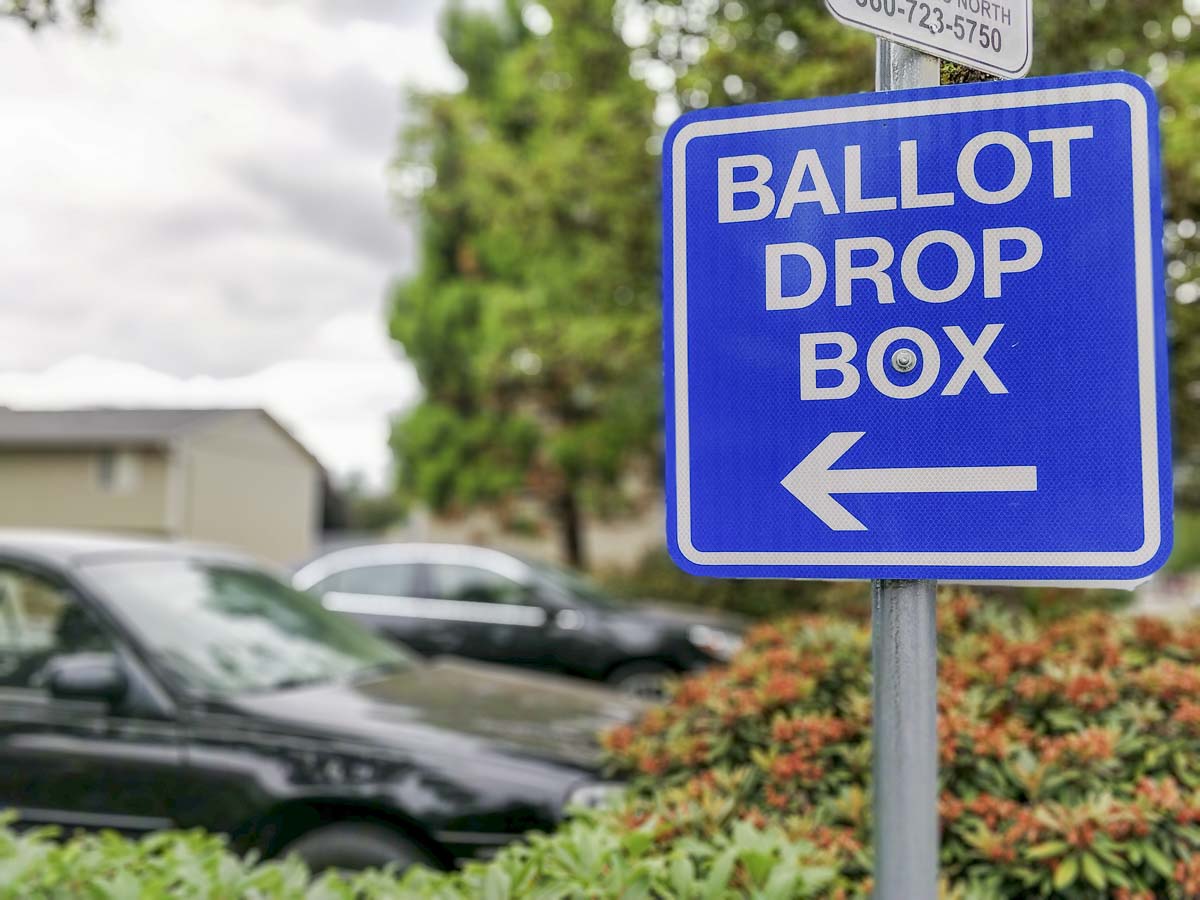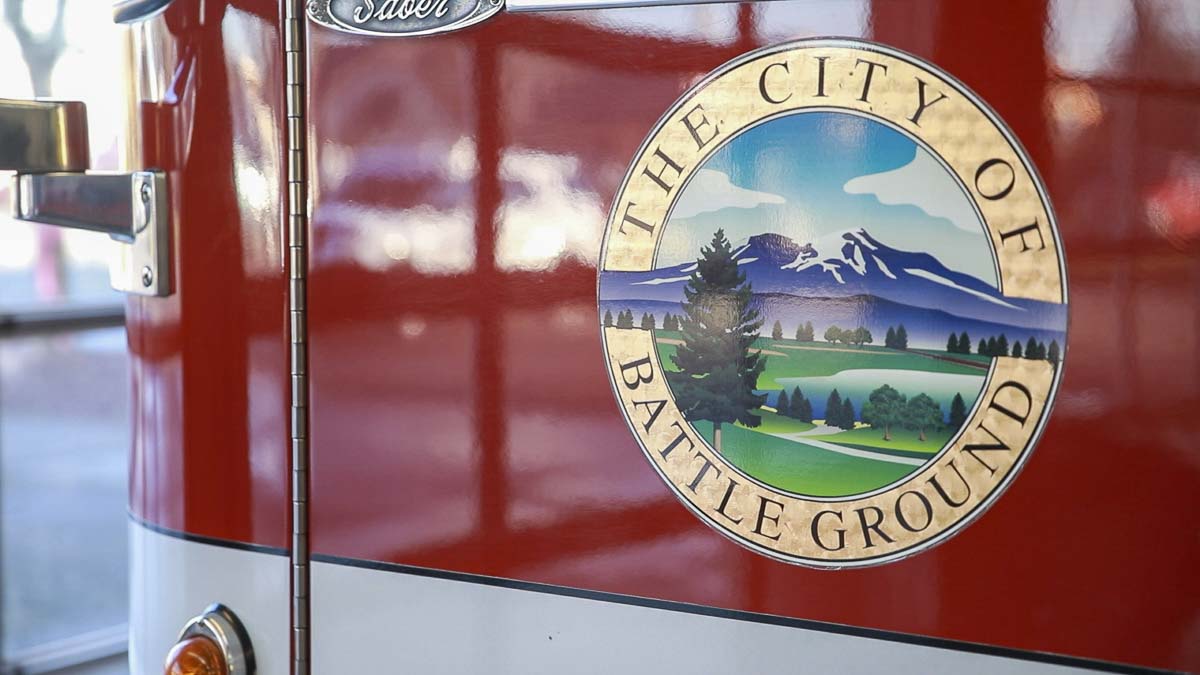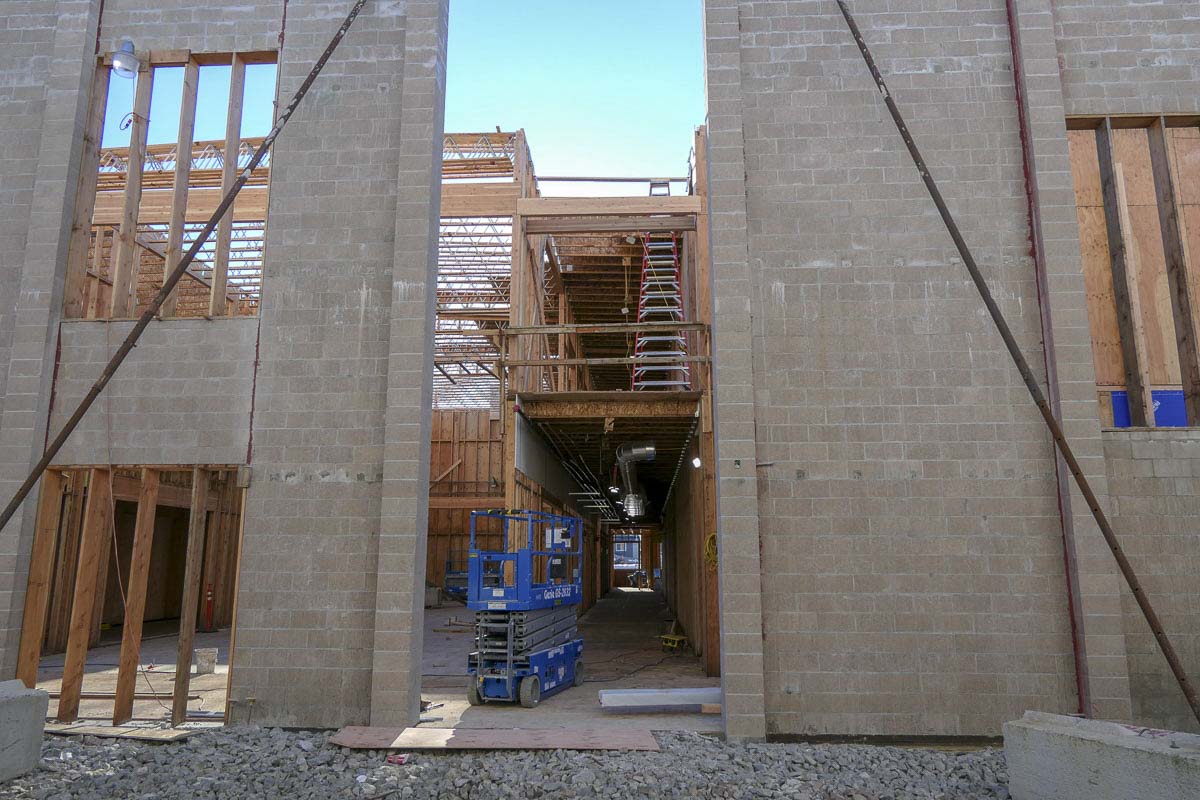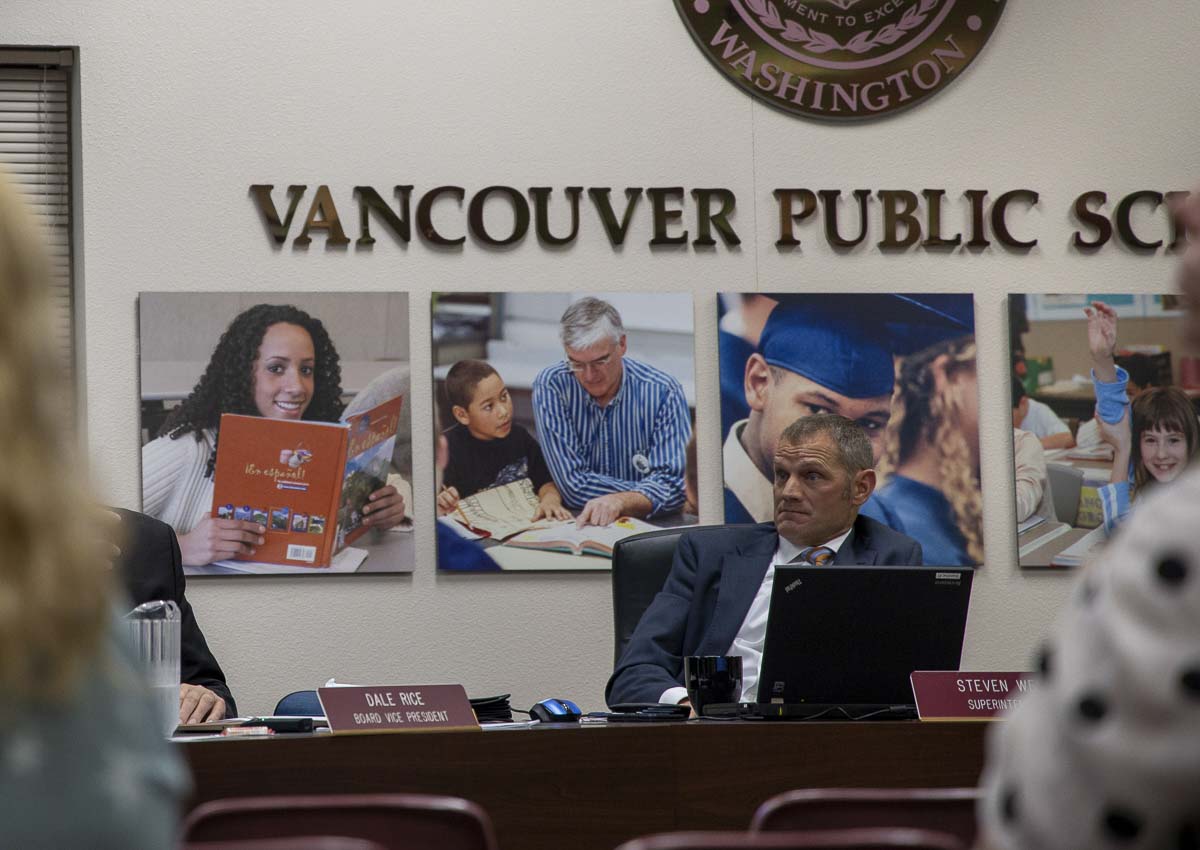
Breaking down the issues on the Feb. 11 special election ballot
CLARK COUNTY — By now, most Clark County voters should have received a ballot for the Feb. 11 special election. While the list of things to vote on isn’t long, there are a number of important issues for voters to consider.
If you’re still on the fence about some of the items, here is a quick look at each one, including links to any previous stories we’ve done about them.
Battle Ground Fire Annexation

One of the biggest issues on the ballot pertains to people living inside Battle Ground city limits. The city currently contracts fire and emergency medical services to Clark County Fire District 3, but the cost of that contract is projected to go up when it expires next year. The city already spends $1.35 of its $1.37 per $1,000 property tax levy on the District 3 contract, which leaves only a small amount for the city to spend. The next contract is projected to exceed the property tax levy, meaning the district would likely have to scale back services in the city in order to keep costs in line.
If voters approve Proposition 1 (and Fire District 3 Proposition 3), the city council has approved a 10 cent reduction in utility rate taxes, amounting to a 46 percent reduction, in order to offset some of the increased cost. But it will end up costing property owners more. Approximately $1.30 per thousand for the levy to Fire District 3. The city has promised that the funding freed up by annexation would help to improve police and fire services, repair deteriorating roads, and improve a number of parks in the city.
It’s unclear where votes will fall on the issue. Many are reeling from increases to the local school levy approved by the Battle Ground School’s Board of Directors last August, which increases the local levy from $1.50 per thousand of assessed value to $2.50, which represents an estimated $420 tax increase on a $400,000 home. The state schools tax levy is also increasing approximately $.30, and the city recently approved a property tax levy increase of nearly two percent.
If the propositions fail, City Manager Erin Erdman and Fire District 3 Chief Scott Sorenson have warned that police, fire, and emergency medical services would likely be cut back, in addition to road repairs being delayed and parks going unimproved. The city would also likely be forced to make cuts to other services, and lay people off.
You can view a video interview with Erdman and Sorenson done by Clark County Today here: https://youtu.be/jZ3hg9Dnalc
Ridgefield School Bond

Following the failure in 2019 of a $77 million bond, the Ridgefield School District is back this February with a $107 million bond. This one adds a 5-6 grade intermediate school, which would eventually be home to another 5-8 campus, similar to the View Ridge/Sunset Ridge campus built with the 2017 bond. It would also replace the high school’s aging vocational program with a new, modernized building, build a new elementary school, and improve several playgrounds that no longer meet access standards.
The 2019 bond fell just over one percent short of the 60 percent-plus-one majority needed to approve bonds. Superintendent Nathan McCann says Ridgefield schools expects over 1,700 new students just in the next few years. Failure of the bond would create the need for dozens of portables, and the acquisition of new land to put them on.
Opponents argue the district’s student growth estimates may be overblown, and that the district may want to embrace portables as a more modular way of housing student populations.
The bond would tack on an estimated 97 cents per thousand to the tax bill of a house, or $388 more annually for a $400,000 home. The district warns that, should the bond fail to pass, the cost of building new schools will continue to rise, and delays could hamper their ability to address the growth in student populations.
You can read more on the topic here: Ridgefield schools superintendent answers questions on $107 million building bond
Vancouver Schools Supplemental Levy

Following approval of a new 4-year maintenance and operations levy early in 2019 at what was then the maximum $1.50 per $1,000 cap, the state legislature raised the cap by a dollar.
Unlike Battle Ground, which was under an existing levy approved for more than the $1.50 amount, Vancouver’s school board cannot simply choose to increase their new levy to the increased maximum.
As such, they need to go to voters to ask for a supplemental maintenance and operations levy. This one, if approved, would raise approximately $10 million next year, increasing slightly in the following two years. The cost would be $0.43 per $1,000 next year, $-.41 in 2022, and $0.40 in 2023 according to information from the district.
The additional funding would help the district to avoid cutbacks, including laying off teachers and reducing programs. They point out the total tax burden in 2021, if the supplemental levy is approved, would equal the pre-McCleary tax rate of $6.45, which is what people in the district paid in 2017.
In their argument against Proposition 5, Parents Rights in Education points to low test scores as a reason the district should not receive more funding.
“Schools already spend over $12,000/child. Is the education system better than when you were in school?” their statement reads. “Only 42% are meeting the Math standards, only 53% in English, and only 44% in Science.”
The district counters that the on-time graduation rate for Vancouver Public Students was 85 percent last year, up from 64 percent in 2010, and that extended graduation rates have increased to 89 percent.
You can read more about the VPS Supplemental Levy here: Supplemental levy for Vancouver Public Schools heads to February ballot
Washougal School Levies
Washougal voters have two replacement local school levies to vote on. The first, Proposition 8, would replace the expiring maintenance and operations levy. While it would increase from the previous cap of $1.50 per thousand, it would not enact the full maximum allowed $2.50 rate, instead opting for a rate of $2.14, which would raise an estimated $7,392,656 next year, rising to $8,622,793 in 2023.
The district is also seeking replacement of its expiring Capital Levy for Instructional Technology. The rate would be $0.25 per thousand next year, dropping a bit in the following two years. The money would go to replacing outdated technology in classrooms, and providing state-of-the-art equipment for students to learn on.
If approved, the district says the overall property tax rate for Washougal schools will increase from $6.97 currently, to $7.14 next year, with slight decreases in the final two years of the levy.
You can read more about it here: Levy
Woodland school levy
Woodland is seeking to replace its expiring supplemental levy with a new one at a rate of $2.37 per thousand next year, followed by $2.36 in 2022 and 2023.
The levy would raise an estimated $5,400,000 next year, increasing to $6,100,000 in 2023.
The district says the funding would help to cover a 12.5 percent gap in state funding, and prevent cuts to staffing levels.
No argument against the levy was included in the Clark County Voters Guide.
Be sure to check back with Clark County Today for results from the special election on Tuesday night.




